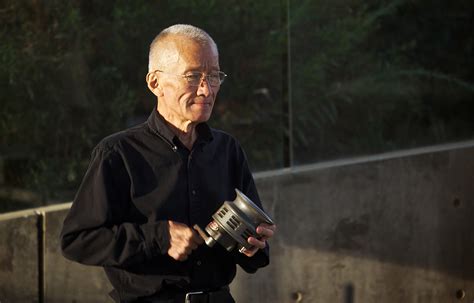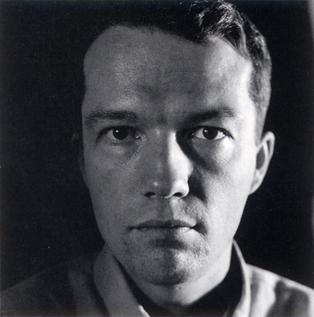A Quote by Ravi Shankar
In our culture we have such respect for musical instruments, they are like part of God.
Quote Topics
Related Quotes
Growing up in the Libya of the 1970s, I remember the prevalence of local bands who were as much influenced by Arabic musical traditions as by the Rolling Stones or the Beatles. But the project of 'Arabisation' soon got to them, too, and western musical instruments were declared forbidden as 'instruments of imperialism.'
The word of God is definitely above culture, in terms of what or who should have authority in our lives. However, we must remember that we are within culture, and our calling in Christ is to play our part in the redemption and transformation of individuals and cultures. I believe the recent history of the religious subculture teaches all too clearly that unless we are moving forward in seeking the genuine transformation of culture, then we are standing still and it is transforming us.
There's a really rough and relatively consistent hierarchy of concerns. My musical interests come first and principally my fascination with how notes and rhythms interlock. Then comes the technical side like programming, instruments and designing instruments. Next is production and mixing and beyond that I start to care less.
In a culture fueled by burnout, a culture that has run itself down, our national resilience becomes compromised. And when our collective immune system is weakened, we become more susceptible to viruses that are part of every culture because they're part of human nature - fear-mongering, scapegoating, conspiracy theories, and demagoguery.
Is it our task to force the biblical doctrine of God to answer to modern culture, or (is it our task) to address modern culture with the biblical doctrine of God? If modern culture-or any culture-establishes the baseline for the doctrine of God, such a doctrine will certainly bear little resemblance to the God of the Bible.
The whole point is to take from our native culture and from contemporary culture without using one art form to mimic the other, so that our native identity remains the native identity, the contemporary identity remains the contemporary identity, and the mixing of these two musical identities creates a third musical identity.
It seemed [there are] musical nodes on the planet where cultures meet and mix, sometimes as a result of unfortunate circumstances, like slavery or something else, in places like New Orleans and Havana and Brazil. And those are places where the European culture and indigenous culture and African culture all met and lived together, and some new kind of culture and especially music came out of that.




































